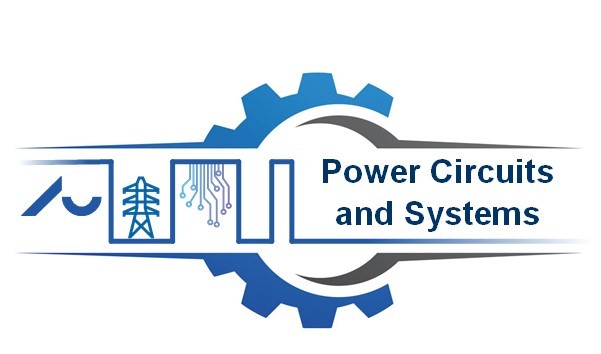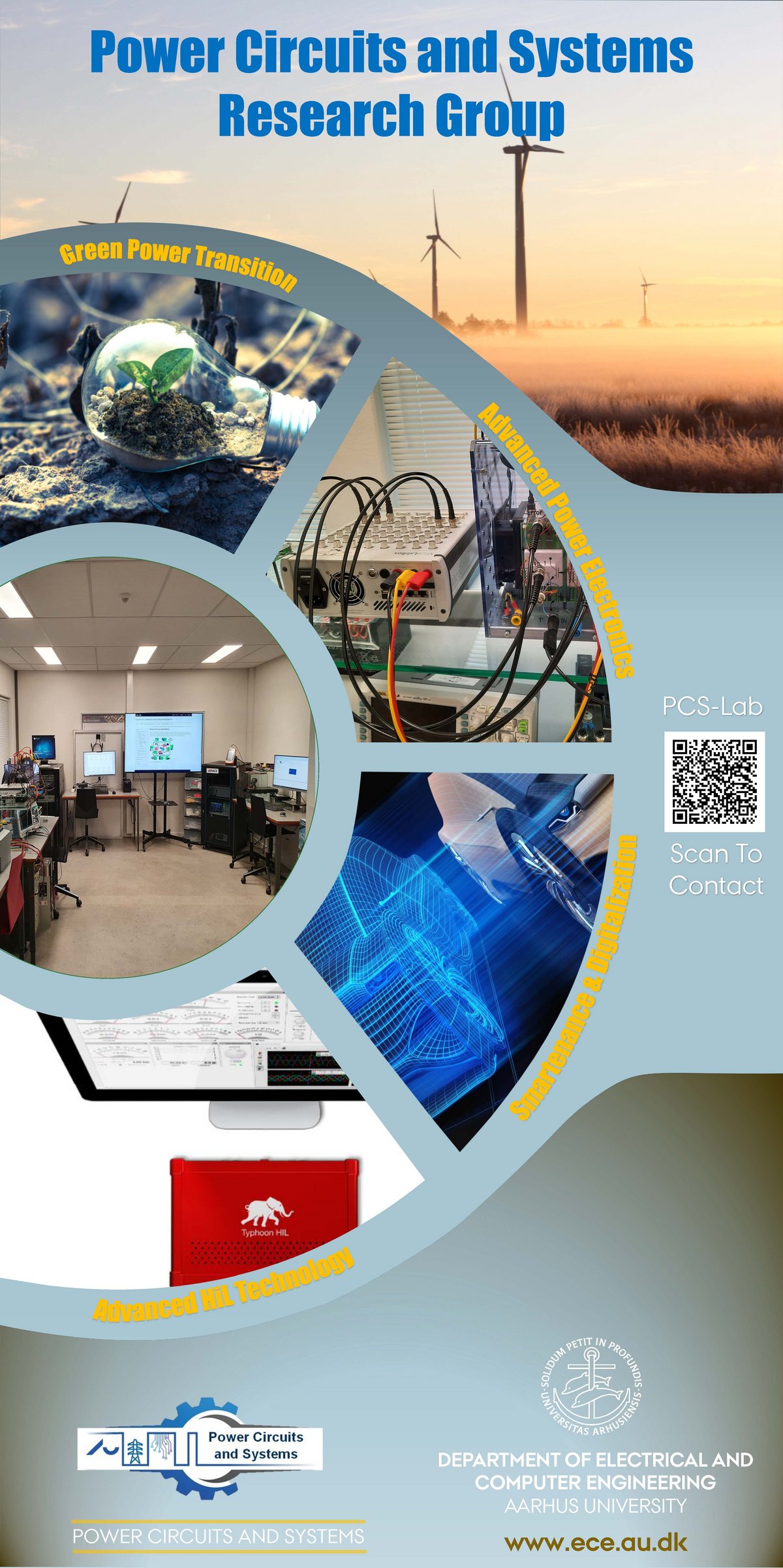The Power Circuits and Systems (PCSs) Group conducts research addressing developing of advanced control, and artificial intelligence inspired techniques to provide innovative and effective solutions to challenges facing optimization of power electronic converters, energy systems and future transportation systems. Current research efforts include:
Power electronics is an interdisciplinary field that aims to efficiently control, condition, and/or convert electric power into electric load using control circuits. Power electronic converters are widely used, in large, medium, or small scales, to adjust the flow of electrical power in devices by altering the voltage, current or frequency. Consider the DC/DC converters used in mobile gadgets (e.g. cell phones or PDAs), or the AC/DC converters in computers and televisions as examples of the small-scale power electronic converters employed in some of the most widely used electrical devices. On a larger scale, power electronic systems are used to control hundreds of megawatts of power flow across our nation. Research in this area concerns mostly the application of power electronic systems to control large-scale power transmission and distribution as well as the integration of distributed and renewable energy sources into the grid.
In this regard, the PCS has a research plan that focuses on medium and/or low scale power systems and aims to employ the wide bandgap semiconductor devices in these systems to enhance their operation in higher temperatures, and increase their efficiency and power density.
Electric power systems are composed of elements that produce electrical energy and transmit it to consumers. A modern electric power system has mainly six main components: 1) power plants that produce electric power, 2) transformers which increase or decrease the voltages as needed, 3) transmission lines carrying power, 4) substations at which the voltage is turned down for power to be carried to the distribution lines, 5) distribution lines, and 6) distribution transformers which reduces the voltage to the level needed for the consumer equipment. Although the production and transmission of electricity is relatively efficient and inexpensive, one of its drawbacks is that unlike other forms of energy, electricity cannot be easily stored, and thus, must be produced based on demand.
Accordingly, the PCS research group will concentrate on the emerging technologies in areas such as power electronics, energy storage systems, renewable and distributed energy sources, and on the operation, control, and protection of electric power systems. The research is coordinated through two major centers:

